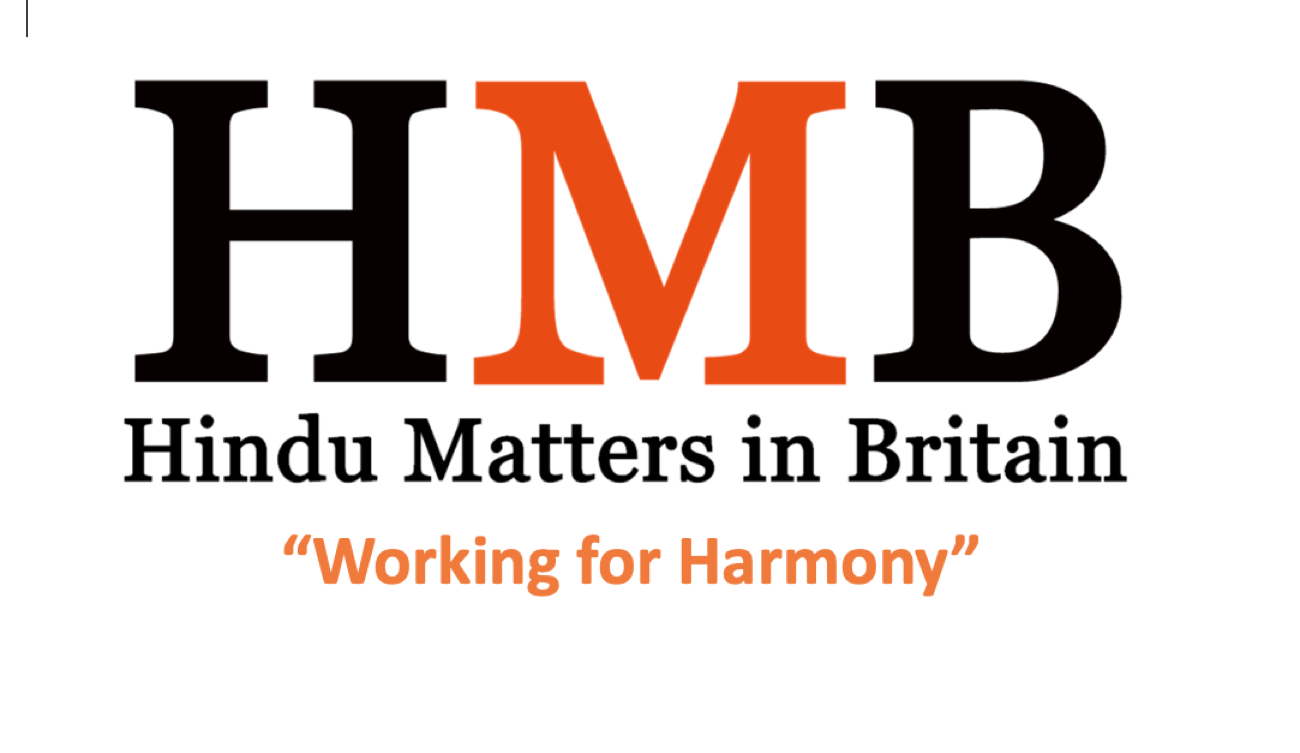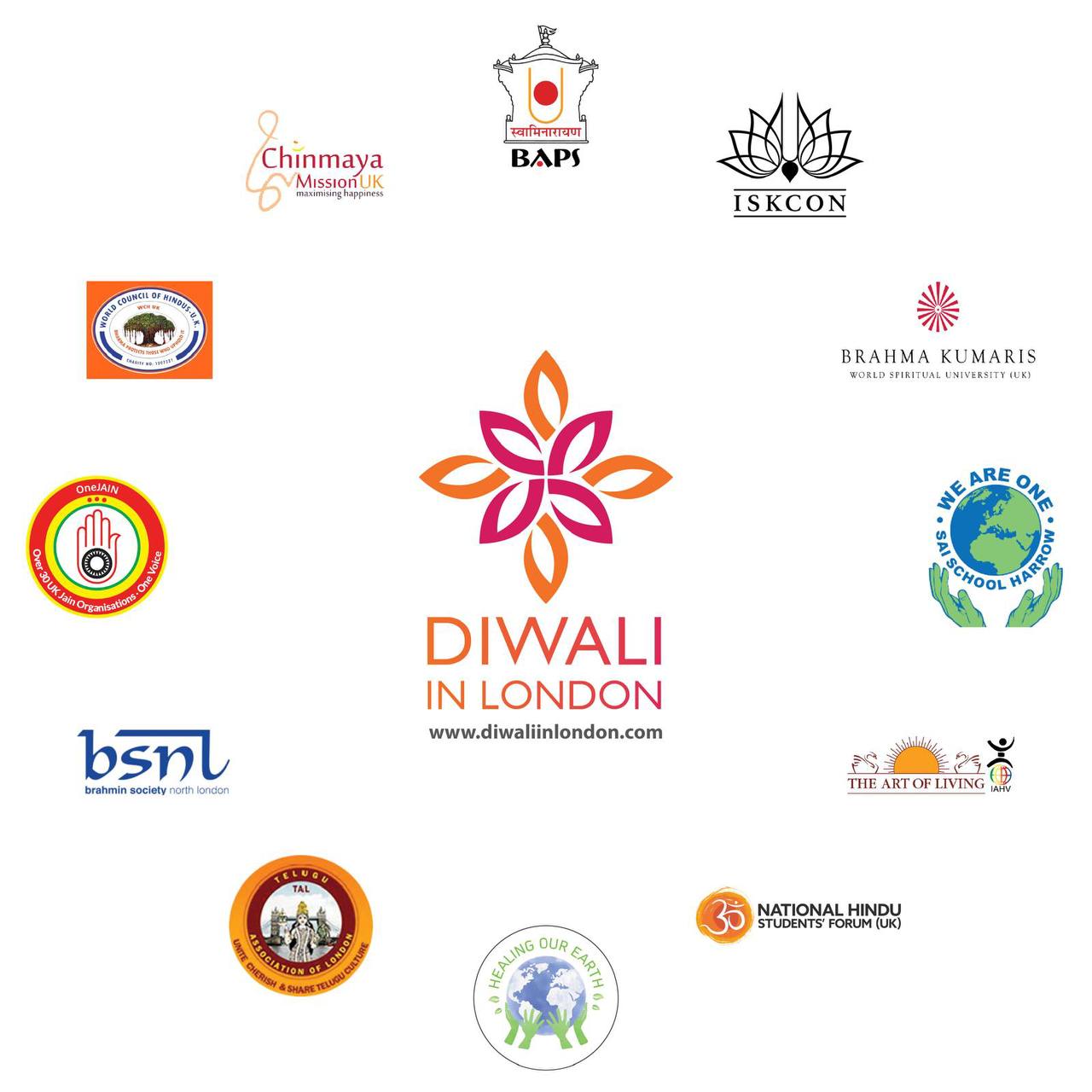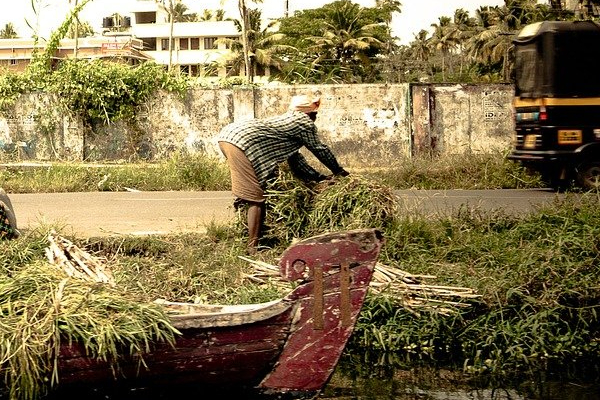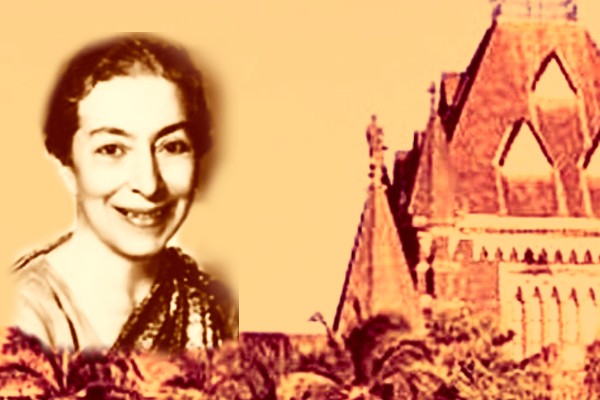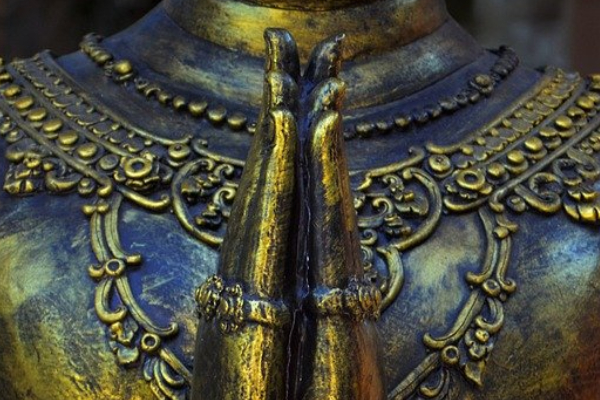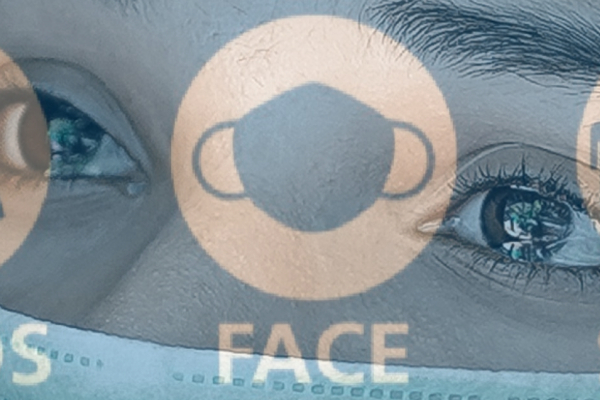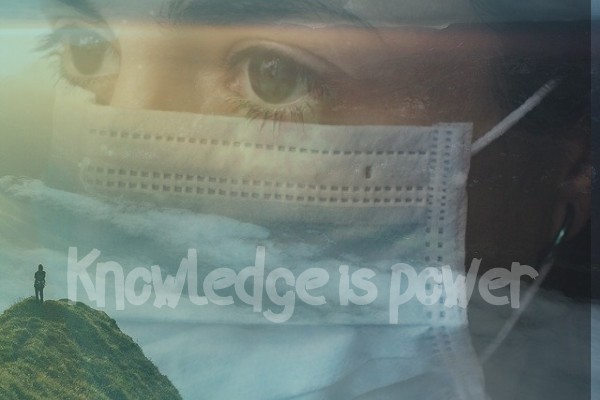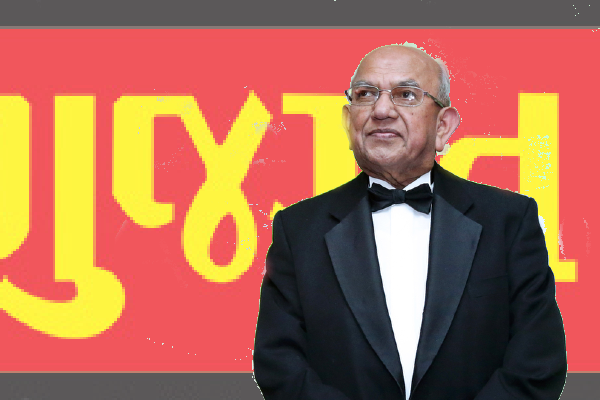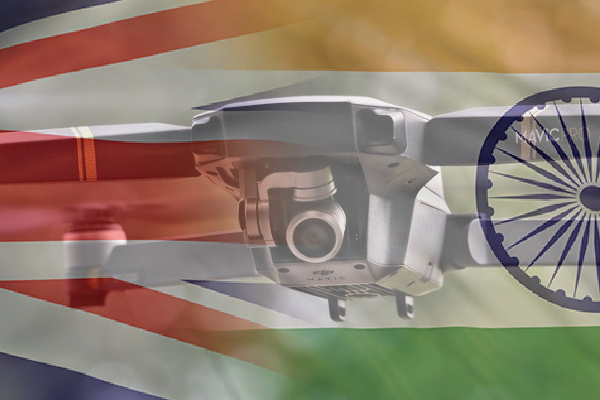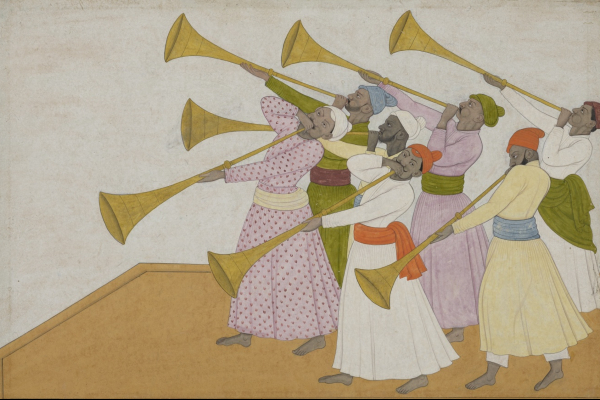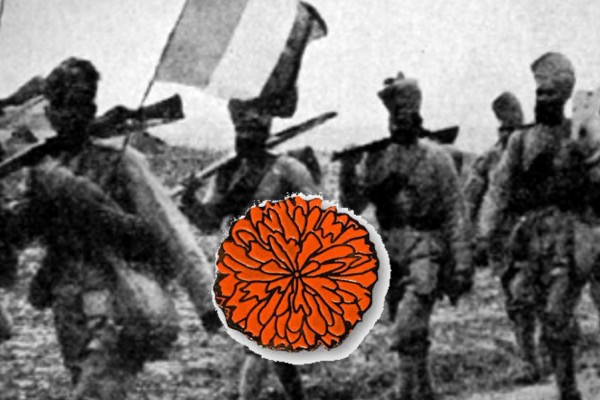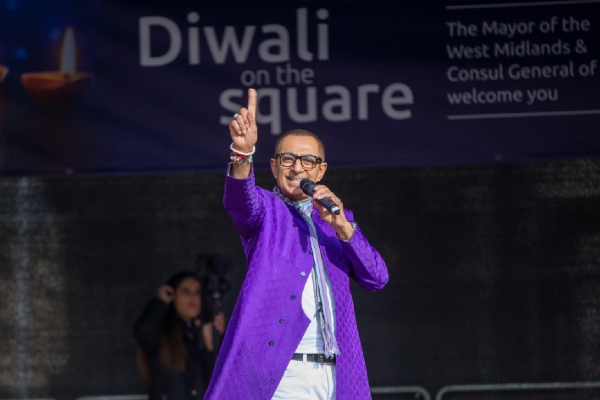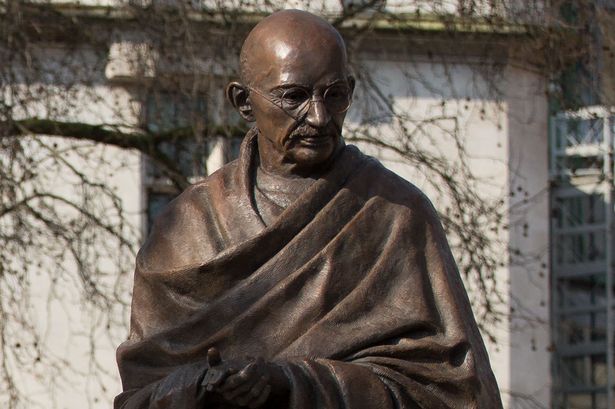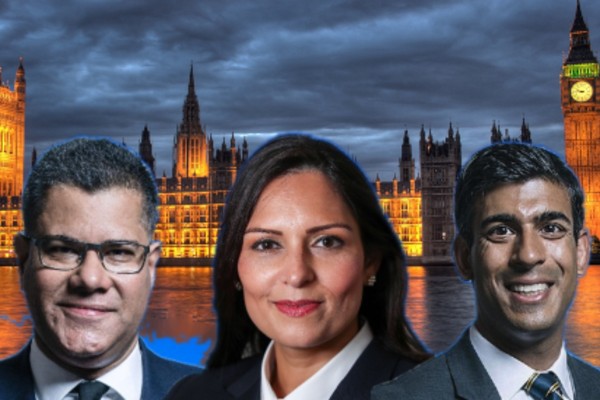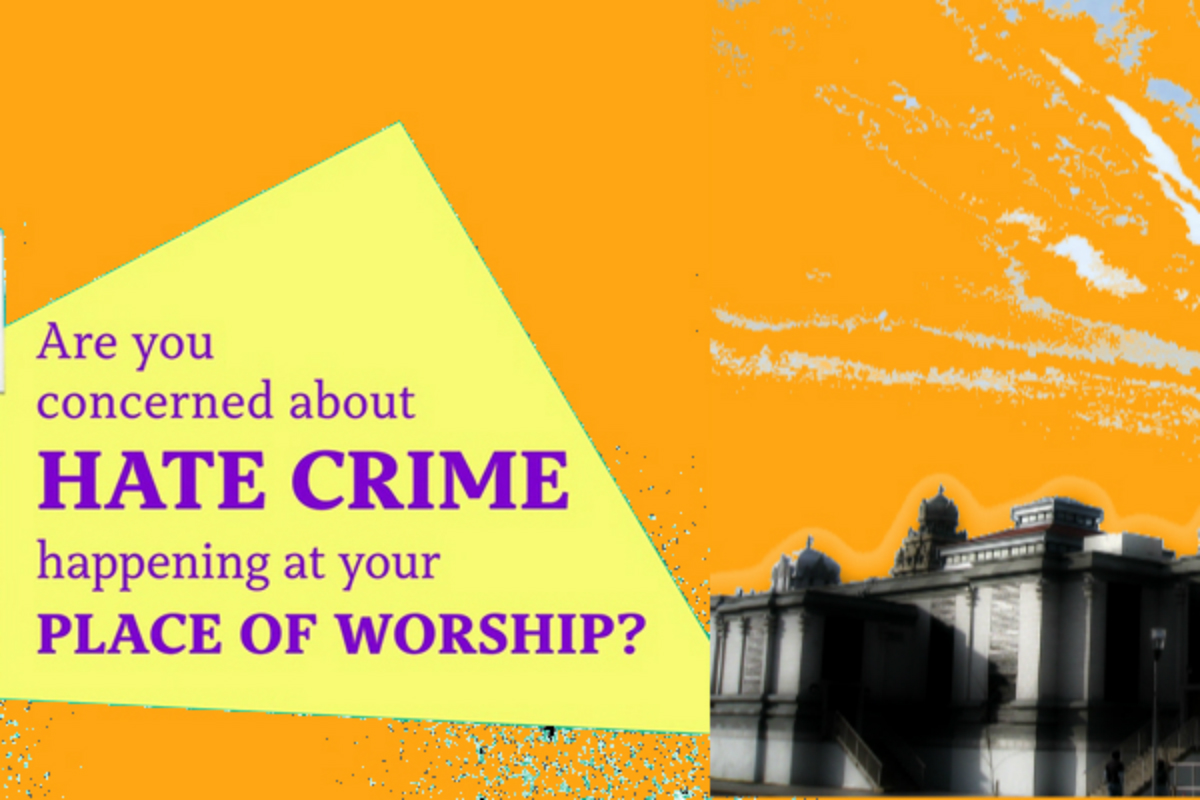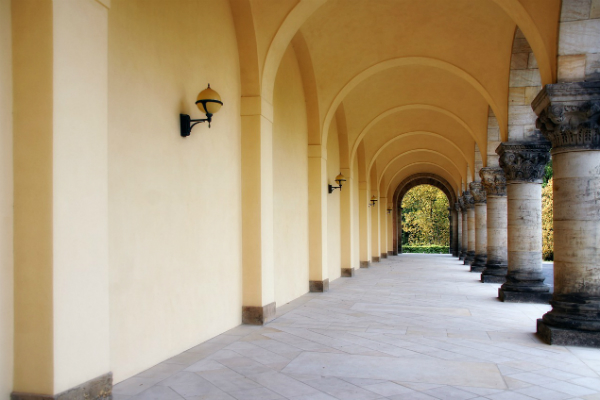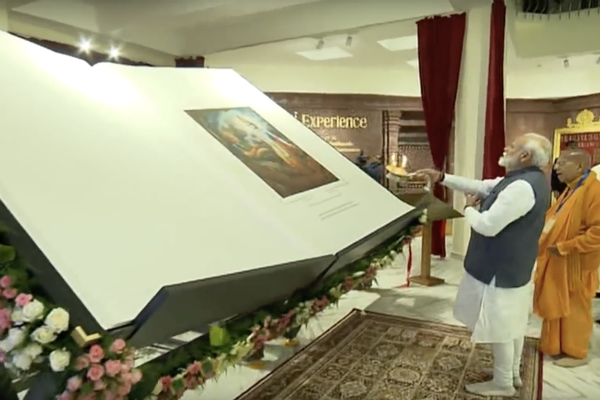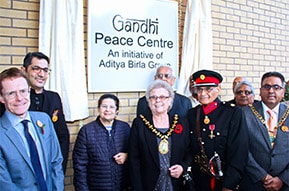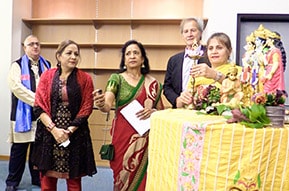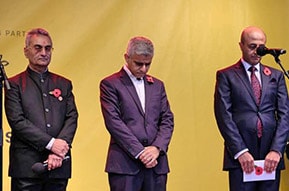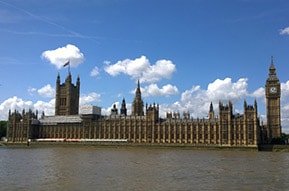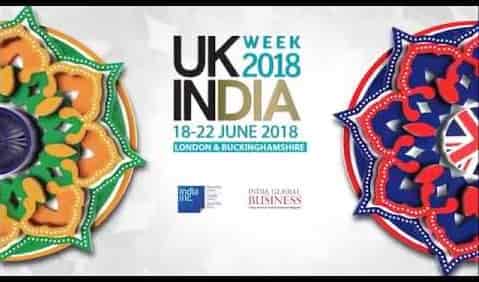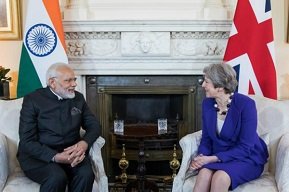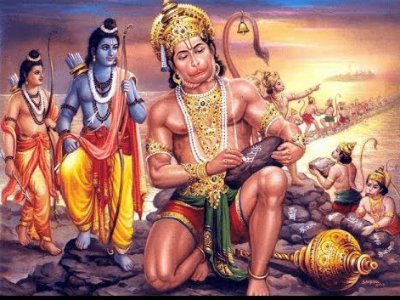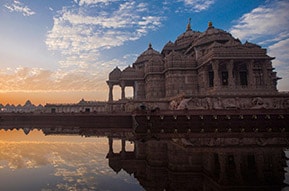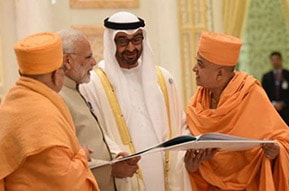Caste Legislation! What Next?
The government consultation on caste has now concluded as to whether measures against caste discrimination should be included in the Equality Law. What happens now? We will have to wait and see. There are the pressing matters Brexit and its impact on the whole nation in the coming months.
There is a concise ‘Opinion’ piece in The Hindu by Vidya Ram which gives an excellent overview.
To view the Government’s consultation, click:
CASTE IN GREAT BRITAIN AND EQUALITY LAW: A PUBLIC CONSULTATION
Many in the Hindu community have grave concerns over applying caste legislation in Britain. The Hindu Matters in Britain take the view that all forms of discrimination and discriminatory practices is wrong and has to be rejected.
The key concern for the Hindu community is that the term ‘caste’ inadvertently is associated with the Hindus. What is most worrying is the fact that there is still no clear definition or understanding of the term ‘caste’ when it comes to legislation. ‘Caste’ - is NOT an Indian/Hindu word. It is derived from the Portuguese word casta, meaning "race, lineage, breed).
In the light of the above and in the absence of adequate evidence, it is difficult to identify ‘caste’ discrimination.
Concerns have also been raised by experts on how ‘caste’ discrimination may be monitored? The government takes no responsibility to monitor ‘caste’ discrimination so the onus remains on the communities and establishments themselves. What does this mean?
It is worth reading Dr Prakash Shah’s book Against Caste in British Law or listen to Citizenship, Caste and Equality in Britain or listen to his seminar on You Tube
The Equality Act 2010
The Equality Act 2010 is a comprehensive, consolidated statute. It brings together Great Britain’s anti-discrimination legislation covering protection on grounds of gender and transgender, race, disability, religion or belief, age, sexual orientation and pregnancy and maternity in employment and the provision of goods and services, including transport, education and housing.
The Equality Act 2010 makes it unlawful to discriminate against a person because of a protected characteristic in certain specified areas of activity (primarily work, providing services, and carrying out public functions).
Under the Act, discrimination can arise in different ways (Appendix A, Caste Consultation 28 March 2017), including:
• Direct discrimination - treating someone with a protected characteristic less favourably than others. Direct discrimination can also take place because of a protected characteristic that a person does not personally have. For example, a person can be discriminated against because of their association with a person who has a protected characteristic, or because they are wrongly perceived to have one, or are treated as if they do.
• Indirect discrimination - putting rules or arrangements in place that apply or would apply to everyone, but that put someone with a particular protected characteristic at a disadvantage when compared with persons who do not share that protected characteristic, and such rule or arrangement cannot be shown to be a proportionate means of achieving a legitimate aim.
• Harassment - unwanted behaviour related to a protected characteristic that violates someone’s dignity or creates an intimidating, hostile, humiliating or offensive environment for them.
• Victimisation - treating someone unfairly because they’ve complained about discrimination or done anything for the purposes or in connection with the Act.
Who is the Government Consulting with and who can respond?
- If you are a member of a community within Great Britain who may encounter caste discrimination in their daily lives;
- If you are an employer, service provider, educational and other institution, and others who might at some point need to respond to a claim of caste discrimination by an employee, student, or customer;
- If you are a Business and trade organisation and trade union which represents employers, service providers and employees;
- If you are a member of the public who have an interest in or wish to know more about caste and caste discrimination in a British context
- If you are a Public body,
- If you have concerns about whether or how caste or caste-based discrimination should be monitored.
How can you respond to the Consultation?
You can respond by answering the Questions in the consultation document CASTE IN GREAT BRITAIN AND EQUALITY LAW: A PUBLIC CONSULTATION with the questions beginning on Page 13 onwards.
Understanding ‘Caste’ in the UK
The term caste has no universally accepted definition. It is in fact derived from the Portuguese casta, meaning "race, lineage, breed).
There is a worldwide problem of Human abuse - Evidence produced via reports and arguments have established that discriminatory social malpractices exist in a number of Countries and in all religious beliefs to include – Hindus, Buddhists, Jains, Sikhs, Christians, Muslims - Across continents to include South Asia, South America, West Africa and Europe. The Western societies have their own CLASSES, GROUPS, HIERARCHIES, and RESTRICTIONS implying ‘CASTE’ or ‘CLASS’ discrimination.
It is worth listening to Jay Lakhani’s interview on You Tube
The Government Consultation states in its Preface:
“No one should suffer prejudice or discrimination on any grounds. Behaviour based on prejudice and discrimination is wrong and should not be condoned, whether or not it is prohibited by legislation. Any prejudice and discrimination based on a person’s origins is unfair and unacceptable in a modern society. There is no place for it. We want to eliminate any unlawful discrimination and create a genuinely meritocratic society that works for everyone. However, in discussing caste, we want to be careful not to create or entrench any notion of caste consciousness or caste-based practices into British society, which may prove counterproductive or divisive. Nor do we want to associate caste issues with any one particular community or religion. This consultation is about how to ensure that there is appropriate and proportionate legal protection against unlawful discrimination because of a person’s origins with due consideration given to how such protection would be implemented in practice.”
‘Caste’ Legislation Timeline
1. Lord Lester of Herne Hill in June 2007 first asked the question pertaining to caste discrimination.
2. In Jan 2010, he supported the view that “caste was prohibited under existing law” (committee stage; HoL debate, Jan 2010)
3. Enterprise and Regulatory Reform Bill (2012-13) did not, as presented to the Parliament, propose to amend the Equality Act 2010’s provision on caste discrimination. The ERRA’s changes to the EA 2010 originated with an amendment to the Bill moved by Lord Harries of Pentregarth. (HL debate 4 Mar 2013)
4. Equality Act 2010, section 9 Originally, section 9(5) provided a discretionary power: “A Minister of the Crown may by order …” However, the Enterprise and Regulatory Reform Act 2013 amended the section, changing “may” to “must”, thereby requiring the Government to introduce secondary legislation that would include caste within the definition of race, and thus prohibit caste discrimination as a subset of race discrimination.
5. Enterprise and Regulatory Reform Act 2013, section 97 ERRA amended section 9 of the EA 2010, to require a Minister of the Crown to exercise the power to make caste an aspect of race, although did not specify a time by which the power must be exercised.
6. In 2013, the Commons voted to disagree with the Lords amendment by 307 votes to 243.
7. The Bill returned to the Lords on 22 Apr 2013, where Lord Harries moved a motion to insist on the amendment. The motion was agreed to on division by 181 votes to 168.
8. On Apr 23 2013, the Government tabled a motion to disagree with the Lords’ amendment – proposed its own to make caste an aspect of race while permitting time for the Government first to consult on the matter.
To view the Government’s consultation, click:
CASTE IN GREAT BRITAIN AND EQUALITY LAW: A PUBLIC CONSULTATION
See also:
Bob Blackman MP on Caste Part 1
Bob Blackman MP on Caste Part 2
Caste Not in My Name: Why Hindu?
